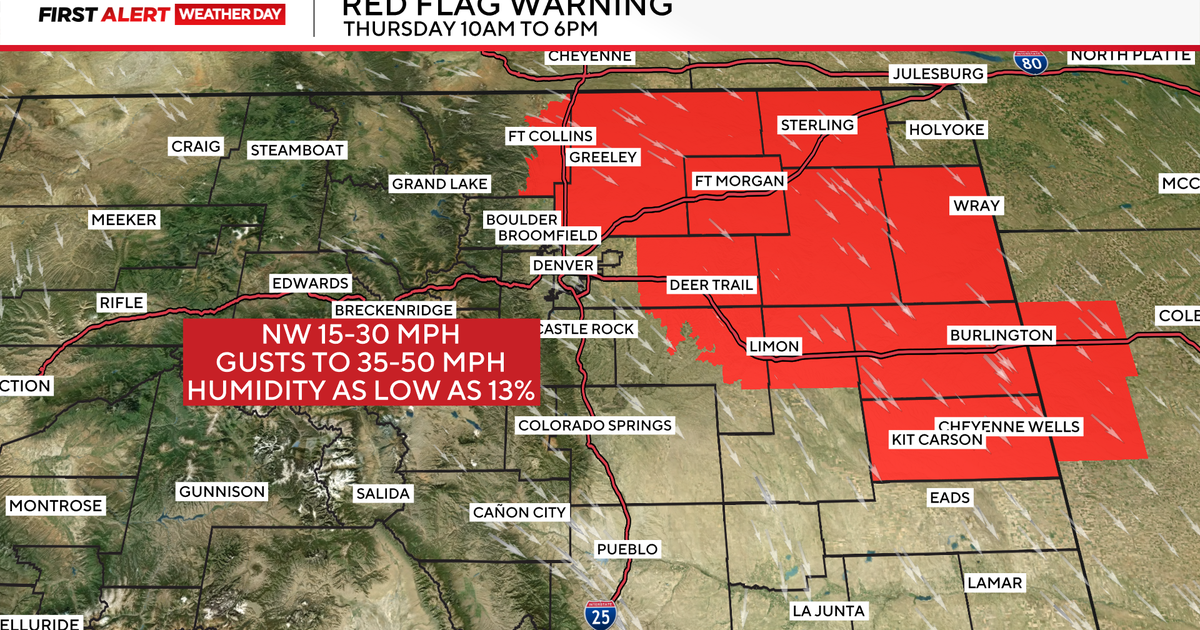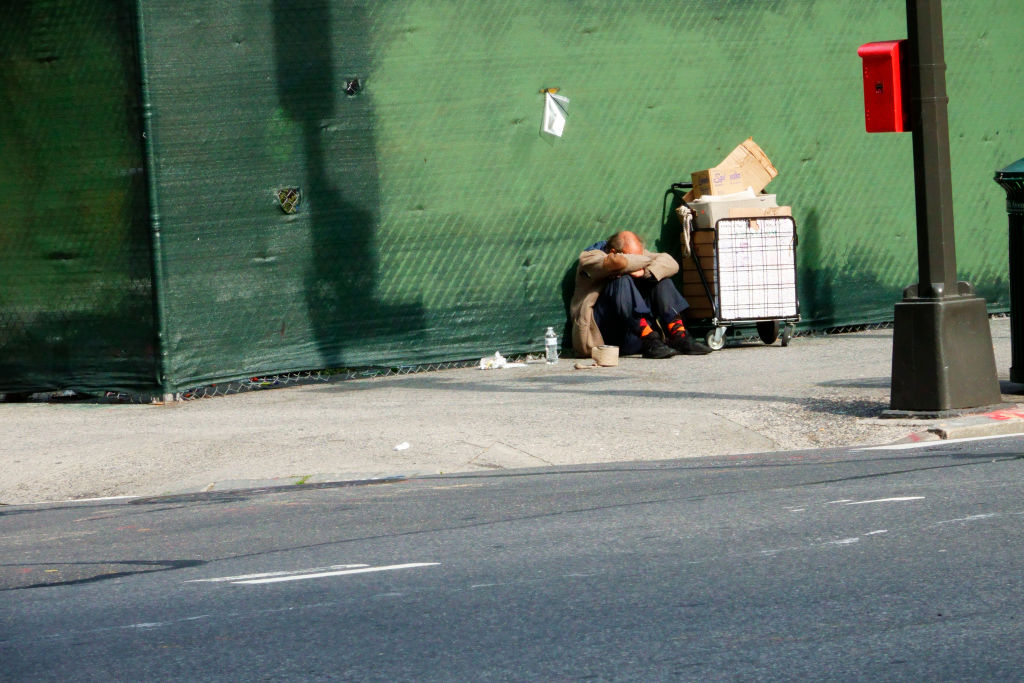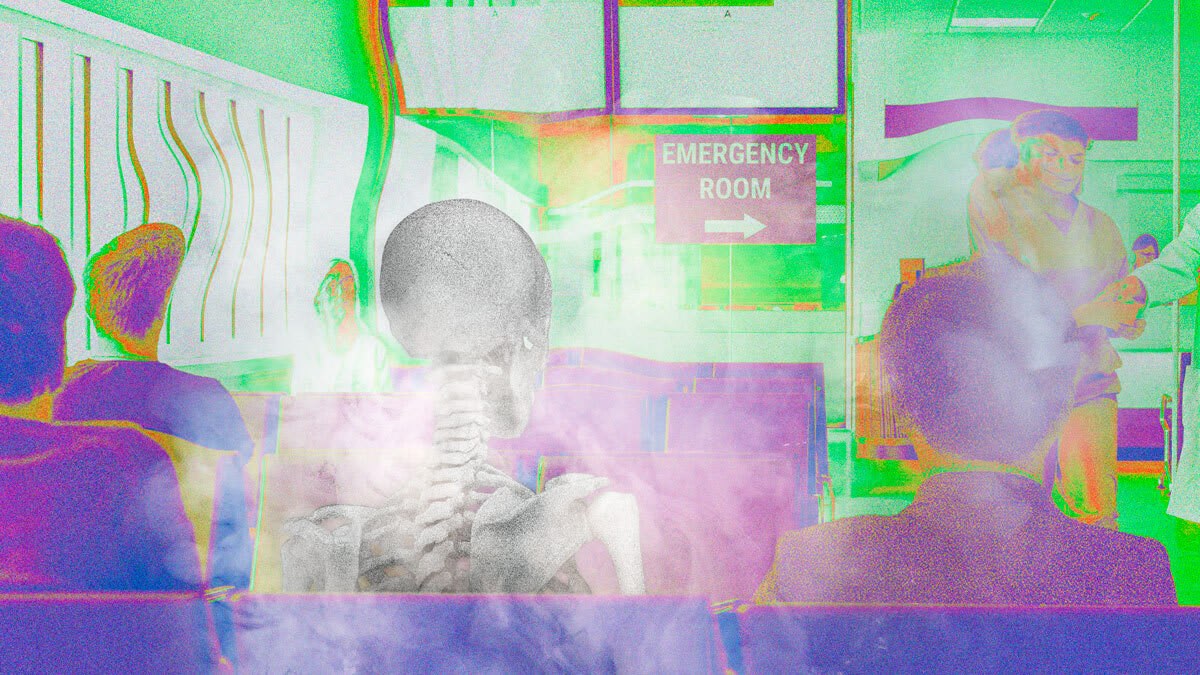The CDC says to skip work if you're ill. Problem is, many can't
The U.S. Centers for Disease Control and Prevention is urging employees to stay home if they have respiratory illnesses, part of its recommendations for controlling the spread of the coronavirus. But that common sense guidance is running smack into reality for many Americans: An estimated 3 in 10 low-wage workers don't get paid sick time, while many can't afford the loss of earnings by staying home if they're ill.
Take Euqueva Varner, 33, a security guard in Detroit. She said she felt under the weather Monday, yet she went to work because her employer doesn't offer paid sick time. "I had the chills, and my body was cold but I was hot. I had a headache, and I wasn't my normal self," she recounted to CBS MoneyWatch.
But without paid time off from an employer that she feels discourages workers from skipping their shifts even when they're ill, she showed up for her $15 an hour job. She said she can take a sick day — unpaid — but needs a doctor's note to excuse her.
As the coronavirus spreads in the world's largest economy, some experts are bracing for the intersection of the deadly disease with a country that lacks the labor protections enjoyed in other wealthy countries. Unlike many other developed economies, the U.S. lacks a federal law guaranteeing paid sick time, leaving it up to employers whether to offer it. Coverage of paid sick time is "vastly unequal," according to the Economic Policy Institute.
About 90% of America's highest paid workers get paid sick days, but only 3 in 10 low-wage workers have the same benefit, the left-leaning think tank says. Those low-wage workers are often on the front lines of service industries, working as waiters, sales clerks, baristas or in other roles where they interact with the public.
"It seems reasonable to me to worry if people are being told you won't get paid if you stay home. It's going to be a tough call," said Dr. James Kahn, professor at the Institute for Global Health Sciences at University of California San Francisco's School of Medicine. "Why should the burden be on the worker to take a responsible public health action?"
That's becoming a rallying cry among unions and labor activists as the coronavirus has been confirmed in at least 15 states. The number of coronavirus deaths in the U.S. rose to nine on Tuesday, with all of the deaths occurring in Washington state.
Walmart's sick day policy
Take Walmart, the world's largest brick-and-mortar retailer. The company on Friday issued a memo to employees urging them to take precautions due to the coronavirus, including staying at home if they feel sick. Yet labor activists point out that Walmart's policies can make it difficult for part-time workers to accrue sick time.
"My coworkers and I are scared to call out sick because we don't want to lose our chance at a bonus or put our jobs at risk," said Melissa Love, a Walmart employee who works with the labor group United for Respect, in a statement. She said she's worried that the company's sick-time policy "will lead to people coming to work when they're contagious."
Walmart should offer paid sick time to workers who show symptoms of the COVID-19 disease, even if they don't yet qualify for paid sick time under the retailer's current rules, and also publicly commit to workers that they won't face firing or demerits if they stay home because they or a family member is ill, United for Respect said on Tuesday.
A spokesperson for Walmart, which employs 1.5 million people in the U.S., told CBS MoneyWatch the company provides "several paid time-away-from-work options for all of our associates, both part-time and full-time, which they start accruing the first day on the job. "
The spokesperson added: "Anytime there are extreme events or natural disasters, we closely monitor what's happening in our communities, and adjust business operations and policies, such as waiving absences, as appropriate – the coronavirus is no different. Anytime our associates are not feeling well, we want them to stay home and get healthy, and we have PTO options to support them. ... We want associates focused on their health – the last thing we want them worried about is their job."
28 million without insurance
Aside from paid sick days, health care coverage is also spotty in the U.S. That increases the risk that some people won't seek medical treatment if they fall ill with the disease, experts said.
The ranks of the uninsured are growing, according to the Kaiser Family Foundation. Almost 28 million Americans lacked health insurance in 2018, an increase of 500,000 people from the previous year. And even if U.S. residents have insurance, many face high out-of-pocket costs due to rising deductibles if they seek treatment .
"There is ample evidence that people go to the doctor less often because of financial problems if they are underinsured," Dr. Kahn said.
Health plan co-payments were designed as a cost-sharing mechanism between patients and insurers, but can cause people to question whether they really want to spring for the $10 to $50 fees — even when they get sick.
"It keeps people from the initial use of services," he said. "That's a bad thing for health, but particularly a bad thing for the coronavirus."
Dr. Kahn said that a "Medicare for All" program without any financial barriers is necessary to protect public health, especially in an outbreak such as the coronavirus. "You need something where everyone is covered and there are no financial barriers," he said.
To be sure, that's unlikely to happen anytime soon. Yet some presidential candidates, such as Senator Bernie Sanders of Vermont, are pointing to the deadly disease as underscoring the need to overhaul the current U.S. health system.
In the meantime, some workers are also scrambling to protect themselves with hand sanitizer and other supplies. Varner, the security guard, said she hasn't been given the kind of hygiene supplies the CDC recommends that employers provide to workers, such as tissues and hand sanitizer. Instead, she's bought the supplies with her own money.
"I'm pretty sure they have the money to provide it," she said. "I just feel they need to take care of their workers better."





